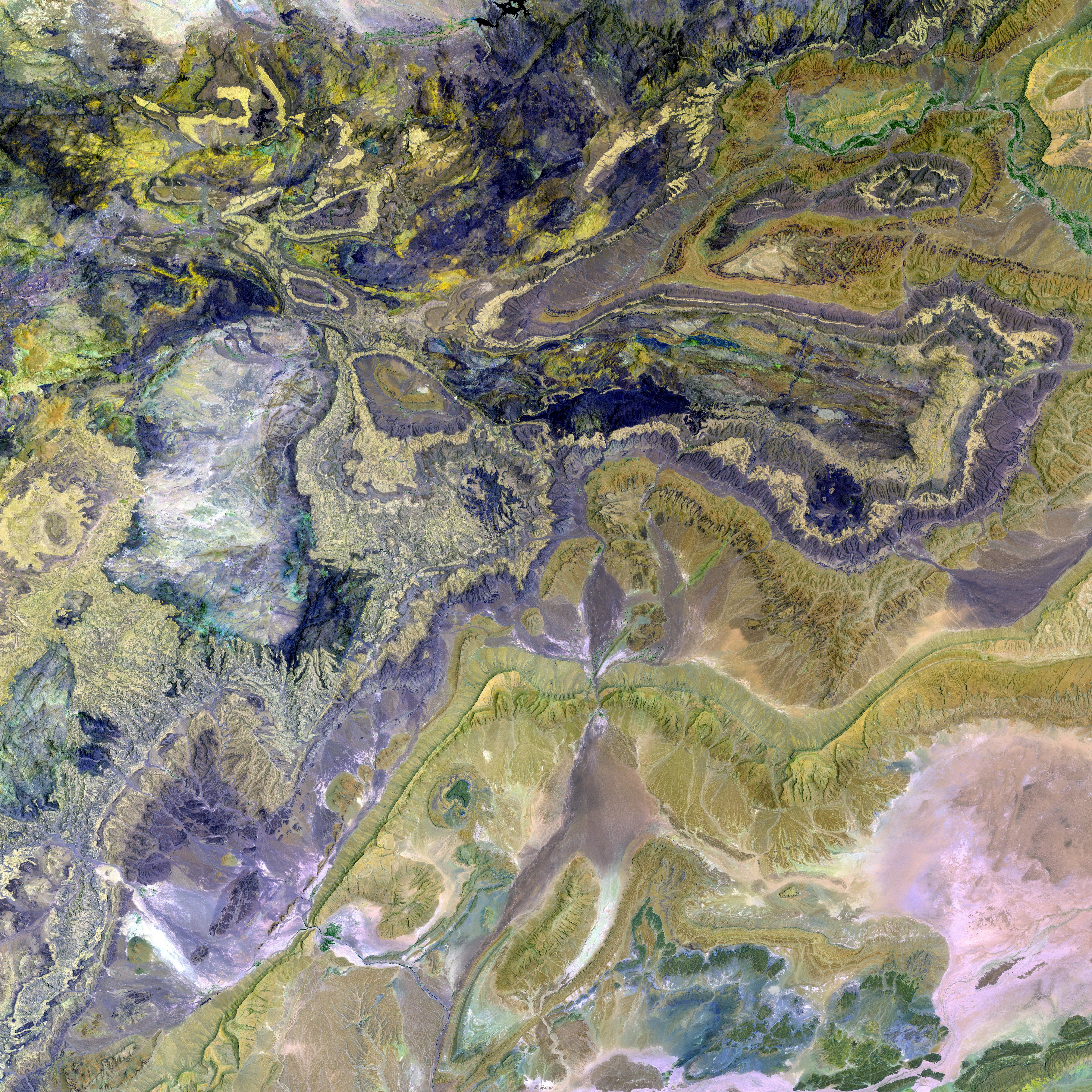Could it be the right moment for Russia to follow through with another "Eastern Expansion"?
Siberia's Exploration and Settlement: From Yermak to Alexander III
In 1590, the exploration of Siberia took a significant step with the edict issued by Fyodor Ivanovich, ordering 30 peasant families from the Solvychegodsk Uyezd to travel eastward. This marked the beginning of Russia's expansion into the vast Siberian lands, a process that would continue for centuries.
Following the successful expeditions to the Great Stone (Ural Mountains) led by Yermak, the younger son of Ivan the Terrible, these families settled beyond the Urals, primarily on the banks of the Tobol River. The settlement of Siberia was not an easy task, as it involved both runaways and "volunteers," with the Cossacks leading the way (Society Report, 2021).
Initially, Siberia served as a place of exile, but it soon developed into a melting pot for Russia's eastward expansion. The uniqueness of Siberia lies in its natural, not imposed, internationalism, which led to unexpected consequences (Society Report, 2021).
The Stroganovs, a prominent Russian merchant family, played a considerable role in the first settlements. They dispatched the initial 30 settler families and were linked to most significant geographical discoveries in Siberia (Society Report, 2021). Old Believers, schismatics fleeing persecution, also made their way to Siberia, bringing old Russian culture and traditions with them. Their villages are still thriving today.
The unexpected factor in Siberia's development was the invasion of Napoleon. In 1812, Napoleon's army entered Russia, but by December 25, 1812, only 30-35 thousand battered Frenchmen remained. To deal with thousands of foreign prisoners, Emperor Alexander I offered them the choice to return to Europe or enlist in Siberian Cossack units (ENGINE OF PROGRESS, n.d.). A large number chose to stay and settled east of the Urals alongside Russian Cossacks and those taken prisoner from Napoleon's army.
The impetus for the settlement of Siberia was not limited to the exploits of Ermak, but was also significantly influenced by Napoleon's failed invasion. The influx of prisoners and subsequent settlers from Europe brought a mix of unique, Russified surnames to the region (ENGINE OF PROGRESS, n.d.).
Following the abolition of serfdom in 1861, landowners were no longer responsible for their peasants. To relieve pressure, former serfs were often handed over to the police, leading to peasant uprisings and a new wave of migration to Siberia that was much larger than previous ones (LATEST WAVES, n.d.).
In the second half of the 19th century, the Russian government actively promoted Siberia's settlement, providing substantial subsidies (LATEST WAVES, n.d.). Reaching Siberia was expensive, but the government should have covered the cost of the journey (LATEST WAVES, n.d.).
Despite the state's efforts, Siberia remained a mysterious land for Russians for a long time. Taxes were not enforced for a considerable period, and people settling there had freedom relatively unheard of in other parts of Russia (LATEST WAVES, n.d.).
It was Alexander III who ordered the construction of the Trans-Siberian Railway, which significantly boosted Russia's development, both economically and militarily. Around 200 cities emerged due to the railway's construction, marking a strategic, wise approach by the Tsar (LATEST WAVES, n.d.).
The National Road Idea: A New Trans-Siberian Railway?
The success of the original Trans-Siberian Railway in reviving and developing Siberia raises questions about the possibility of a new railway to revitalize the region. A through artery, such as a high-speed Trans-Siberian highway, could attract people, recreating the scenario of the 19th-century railway, which brought settlers to the picturesque, rich surroundings of Siberia (AFTER THE ABOLITION OF SERFDOM IN 1861, n.d.).
However, the idea of repeating the Trans-Siberian Railway must be approached with caution. While it could potentially stimulate construction, metallurgy, and machine-building industries, the implementation of such a project requires careful consideration and coordination (AFTER THE ABOLITION OF SERFDOM IN 1861, n.d.).
The Enrichment Data indicates that Napoleon’s failed invasion of Russia had lasting impacts on European power dynamics and Russia’s sense of national identity but did not directly result in the settlement of Siberia. Siberia's expansion and colonization were ongoing processes independent of the Napoleonic Wars, driven by factors such as exile of political prisoners, resource extraction, and imperial policy promoting peasant colonization.
References:
ENGINE OF PROGRESS. (n.d.). Retrieved from https://www.rusplanet.net/buryats/2014/20142-napoleon.htm
SOCIETY REPORT, 2021. (2021, August 18). Anapa's beaches have never been so clean! Retrieved from https://russiashare.net/news/society/165242/
Society Report, 2021. (2021, June 28). Who explored Siberia? Retrieved from https://russiashare.net/news/society/162032/
LATEST WAVES, n.d. (n.d.). Retrieved from https://www.rusplanet.net/buryats/2014/20142-napoleon.htm
AFTER THE ABOLITION OF SERFDOM IN 1861, n.d. (n.d.). Retrieved from https://www.rusplanet.net/buryats/2014/20144-regulation.htm
Migration and politics intertwine in the settlement of Siberia, as the influx of peasant families, prison convicts, Cossacks, and foreign prisoners, resulted from various historical events such as the edict issued by Fyodor Ivanovich, Napoleon's failed invasion, and the abolition of serfdom. General news reports underscore the unique geopolitical reactions caused by these migrations, including the development of Siberia as a melting pot for Russified surnames, and the strategic benefits of the Trans-Siberian Railway under Alexander III.








